
There are no current posts
In this Regional Happiness and Culture Project, we are
analyzing local regions and communities from a new perspective
We began this Regional Happiness and Culture Project in 2015 as part of the research and development project,
"Designing a Sustainable Society through Intergenerational Co-creation",
which is run by the Research Institute of Science and Technology for Society (RISTEX) of the Japan Science and Technology Agency (JST).
This project is developing a "Measurement Package" that takes a new,
multidimensional approach to the measurement of local community wealth.
With this Measurement Package, we will analyze the strengths and weaknesses that exist within communities from the perspective of Social and Cultural Psychology, and will investigate the relationship that community values and social ties have with personal perceptions of happiness within daily life.

We are developing a Measurement Package for the purpose of capturing multiple dimensions of the conditions in local communities.
It is a tool for analyzing where the strengths of their communities lie and what elements of their communities are important to them.
The package is a questionnaire that can be distributed to residents of local communities.
This is the Measurement Package for Regional Happiness, which measures regional happiness from various angles.
It is an assessment that uses an easy-to-answer survey format. The items measure aspects that are important to regional happiness, such as subjective happiness and sense of health, relational bonds within the region, contributions to one's local region, supporting other people and regional openness to outsiders.
This project combines various methodologies from psychology and ecological science in order to grasp and analyze the characteristics of regional societies.
To analyze the characteristics of different ecological regions (e.g., urban, farming, fishing communities), we have used paper-based and online surveys, face-to-face interview surveys, third-person field surveys of residential environments and wearable electronics that measure individuals' physical activity levels and social network contacts.
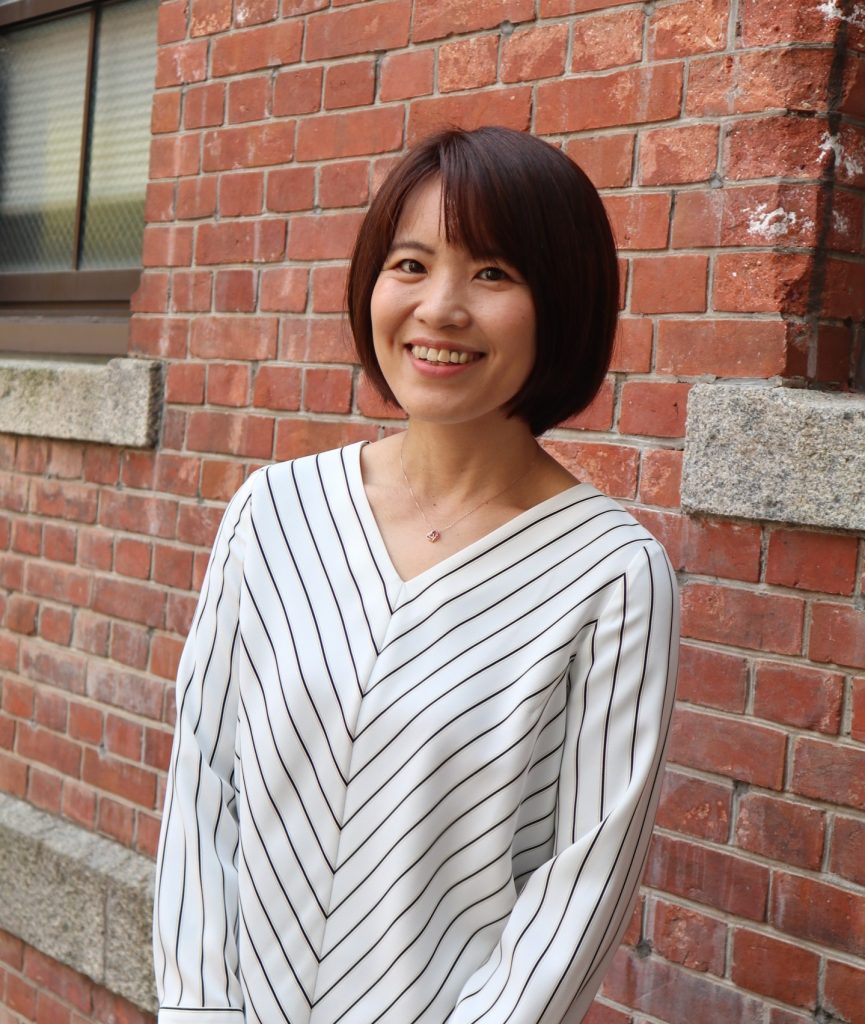
Yukiko Uchida
Professor, Kokoro Research Center, Kyoto University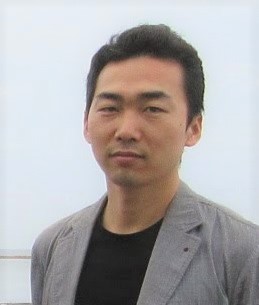
Kosuke Takemura
Professor, Department of Economics, Shiga University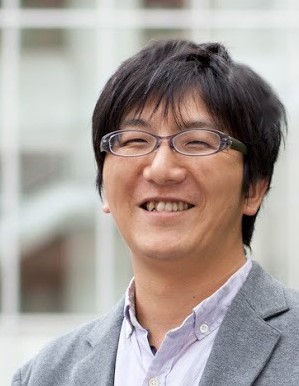
Masahi Komori
Professor, Osaka Electro-Communication University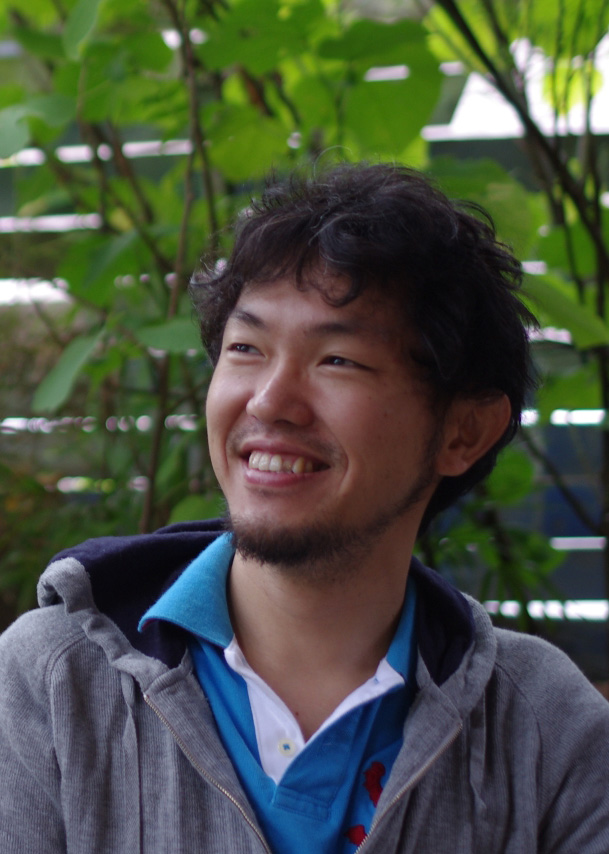
Takeshi Ise
Associate Professor, Field Science Education and Research Center, Kyoto University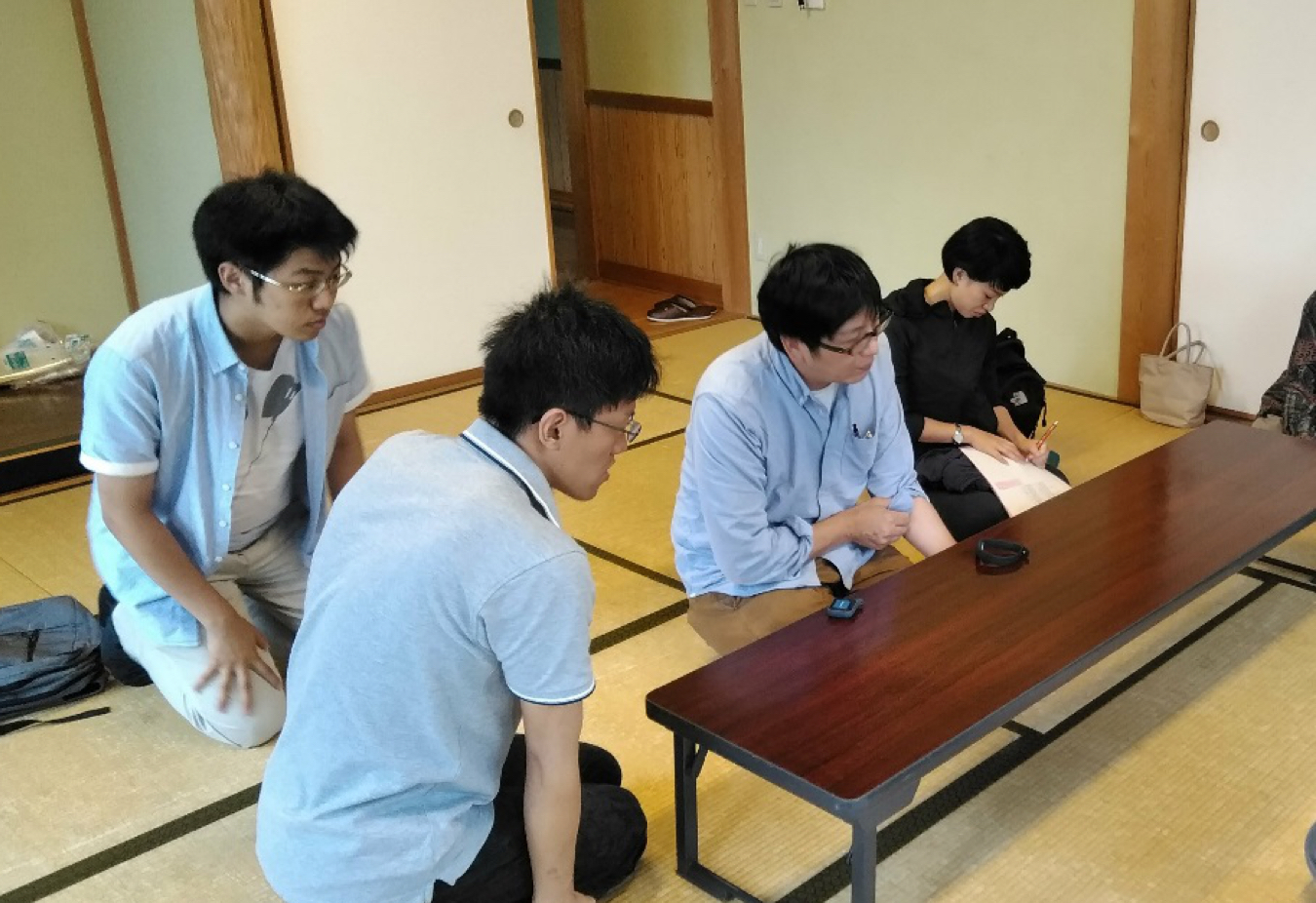
During previous regional participatory research (interviews and participant observation) conducted in places such as Omiya Town (Kyotango City) and the Minami Uzumasa School District (Ukyo Ward, Kyoto City), in Kyoto Prefecture and Takizawa City in Iwate Prefecture, workshops were held in collaboration with local citizens. Information on these activities can be found on this page.
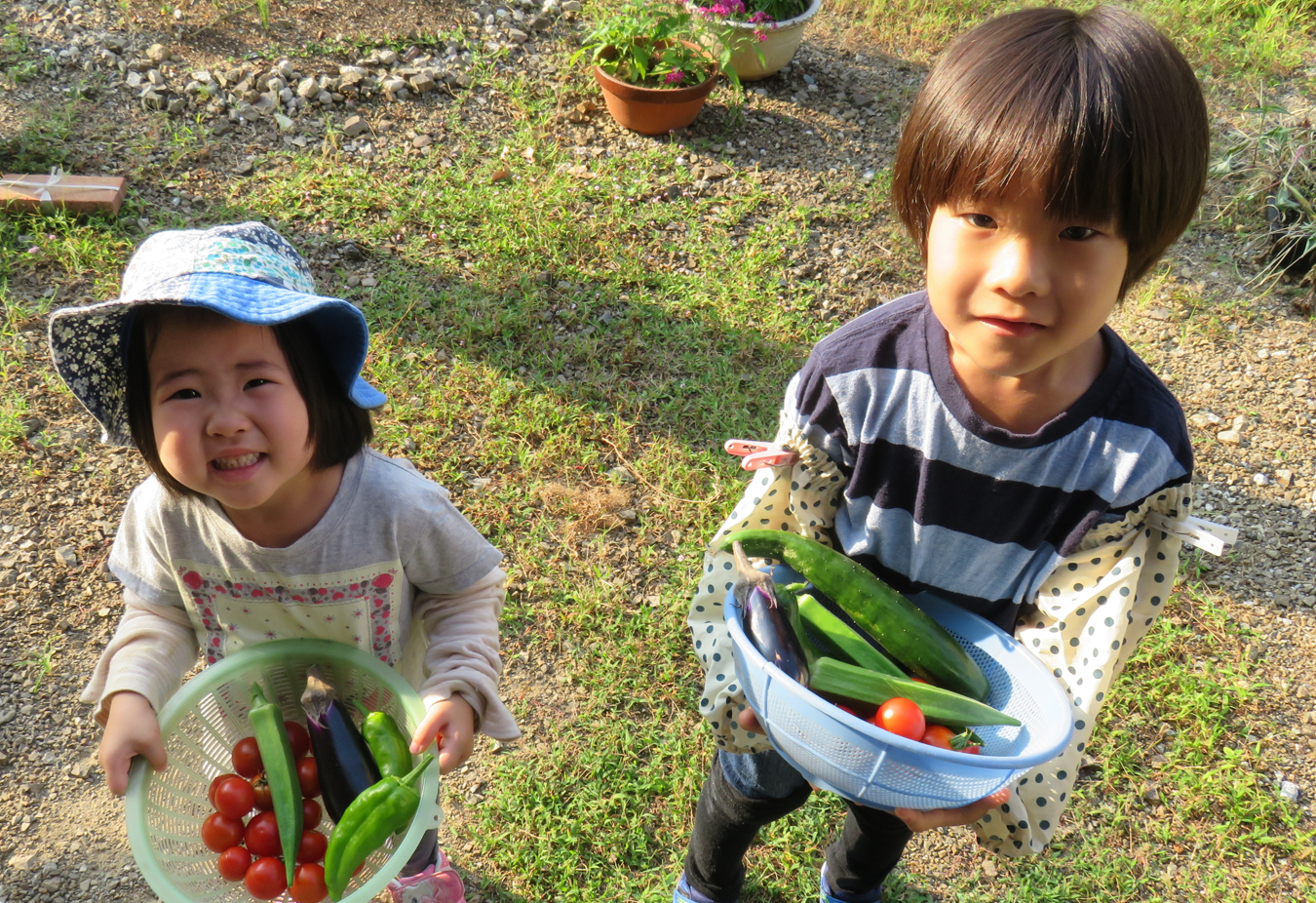
Since 2012, this project has conducted several paper-based surveys. Roughly 40,000 households across about 500 regional communities were sent survey questionnaires via mail, and a large proportion of residents responded.
On this page, we report some of the results of these surveys.
We also provide here an explanation of how to use the equipment that was used in the Omiyacho district of Kyotango City to collect data on activity levels and social networks.